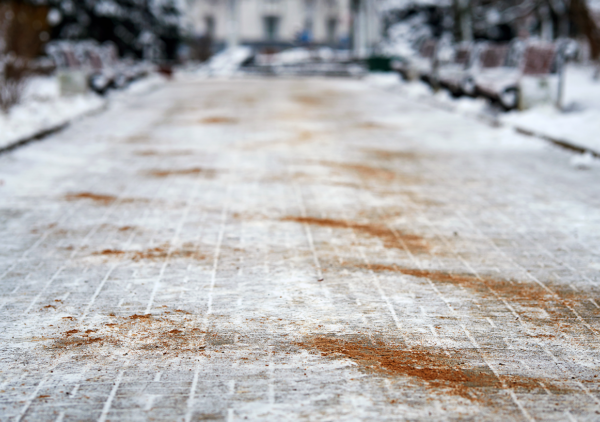What is Rock Salt?
Rock salt is a very common name for halite. Rock salt is one of the first things to reach for to prevent thick layers of the snow or ice and to melt settled snow on paths, roads and car parks, to provide a safer and risk-free drive for people.
Advantages of Rock Salt
One of the biggest benefits of using rock salt is to prevent the build up of ice and snow on your property and make it safe without a risk to slip or fall, especially when you have steps, walkways or steep driveways.
Rock salt is also very important for public roads and motorways, as with so many people traveling to and from work everyday, it is necessary to ensure the public safety.
Rock salt is also highly economical to use on large surface areas because of its cost and it works at lower temperature whereas other ice melt options only work at a higher temperature.
Disadvantages of Rock Salt
Rock salt needs to be used very carefully as excessive use can have a negative effect on wildlife. Unfortunately, if large amounts enter any body of water, the sodium chloride that rock salt is made from can have negative consequences to fish and other aquatic wildlife and lead to poor water quality. For the same reason, rock salt can also damage plants, grass and trees if it saturates into the surrounding soil.
Even though rock salt is easily noticeable as it leaves a gritty residue when it dissolves, it can damage carpets and leave unsightly residues on other hard surfaces.
After considering the pros and cons, it’s worth making sure that rock salt is used carefully. With our super fast delivery options and competitive pricing, Brisks is the best place to buy rock salt online.

